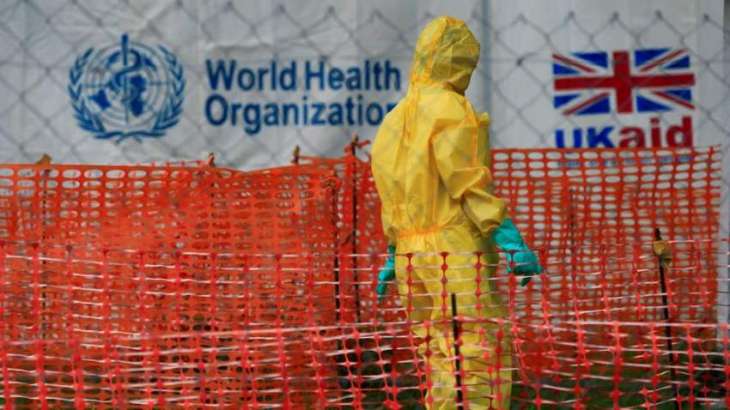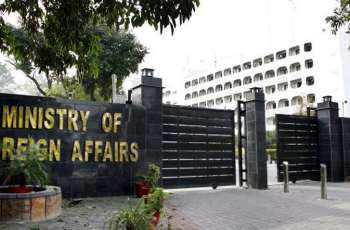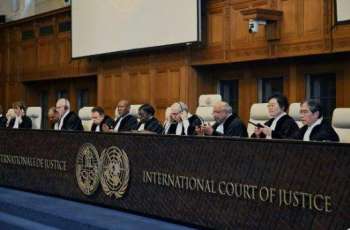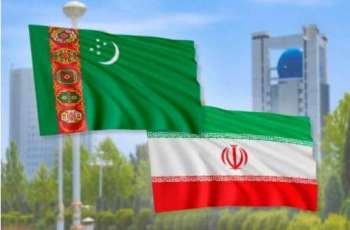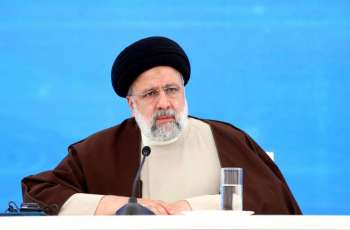The international humanitarian group, Doctors Without Borders (MSF), has accused the World Health Organization (WHO) of acting too slowly in response to the Ebola outbreak in the Democratic Republic of the Congo (DRC) as the result of a lack of transparency
MOSCOW (Pakistan Point News / Sputnik - 23rd September, 2019) The international humanitarian group, Doctors Without Borders (MSF), has accused the World Health Organization (WHO) of acting too slowly in response to the Ebola outbreak in the Democratic Republic of the Congo (DRC) as the result of a lack of transparency.
"While a highly effective vaccine is now able to offer some protection, the number of people vaccinated is not enough. The pace of vaccination activities is too slow and only a fraction of the eligible population is benefiting from this critical tool," the MSF said in a statement.
According to the MSF, its efforts to expand access to vaccinations across the DRC's northeast, the hotspots of the virus outbreak, have been stifled by WHO's tight controls on the supply of the vaccines and eligibility requirements to get them. At least 2,000-2,500 people could receive the rVSV-ZEBOV vaccine, which has demonstrated a high level of protection against the Ebola virus, as opposed to the current 500-1,000 people who are getting the vaccine on a daily basis, the organization said.
Isabelle Defourny, the MSF's director of operations, also noted that the reasons for WHO's restrictions on the availability and eligibility to receive the vaccine remained unclear.
"Yet WHO is restricting the availability of the vaccine in the field and the eligibility criteria for people to be vaccinated for reasons that are unclear. Even when it comes to frontline health workers � a known, easily reachable population � in a hotspot of the outbreak such as Beni, almost a third of them reported they have not been vaccinated," she said.
The organization called for the urgent creation of an independent coordination committee to foster an inter-agency dialogue and increase transparency between all parties involved in fighting the virus to prevent the continued spread of the virus by ensuring that all people requiring vaccination would receive treatment in a timely manner.
In July, the World Health Organization declared the Ebola epidemic a public health emergency of international concern when a new case was reported in Goma, a city of about 2 million in the east of the DRC on the border with Rwanda.
In just over a year, the Ebola epidemic has become the second deadliest on record with over 2,000 deaths. A 2014-15 outbreak in West Africa killed more than 11,000 people.
